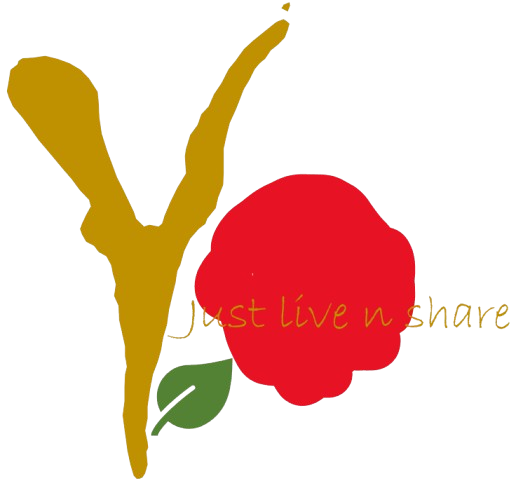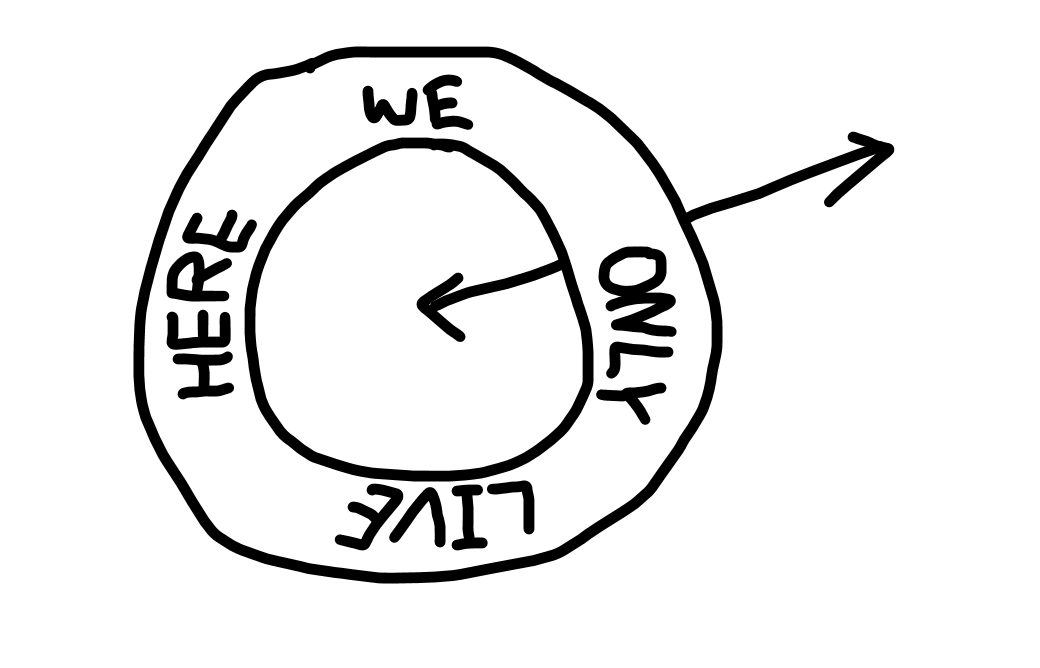Yequana
The time we are living in is extremely exciting as many may call it as the fourth Industrial Revolution. Like the earlier ones, this industrial revolution is also fuelled by the economic transition, taking us towards a future where economy potentially needs to be redefined. While talking about the future, the new definition must account the human beings who will be exposed to this new dimensions and habits of lifestyle. And this futuristic lifestyle can thrive in mutual dependencies between our natural environment and our people. We must move away of only talking about growth.
But every industrial revolution promises growth. The society, the system, people are exposed to, continuously promote this growth often in terms of economical growth. This economic growth (e.g., GDP growth) drawn as an exponential development, doesn’t incorporate the collaborations of society and the environment. Economy drives the force towards this growth, often leaving society, the people and the environment as the victim. Even the planning systems for our futures are intensely locked into growth-dependence, encouraging market-led development which can widen social inequalities and produce adverse environmental outcomes.
Importance is to take steps in parallel to this Fourth Industrial Revolutions, to think, prioritize and to contribute towards the people and the planet. This needs to be curved in our mind that our planet is the biggest client with massive demand. To sustain, we must work towards her demand and provide her the best service. Yequana is determined in doing so.
Yequana, conceptualized with the mindset of not just to work as a financial liability, rather live with the determination in providing a service to the people and to our planet as a lifestyle. This institution intends to use the framework model of Doughnut Economy to guide any economic establishments, organizations, institution, even cities with the main objectives of:
Performance assessment based on the Doughnut Economy model on how the environmental and social impacts are within the current operational and organizational boundaries
Assessment of potential negative impact areas and systematic guidance of betterment in these risk areas
Promotion of mutual collaboration with stakeholders in order to better the overall footprint through knowledge sharing, guidance and support on implementation.

